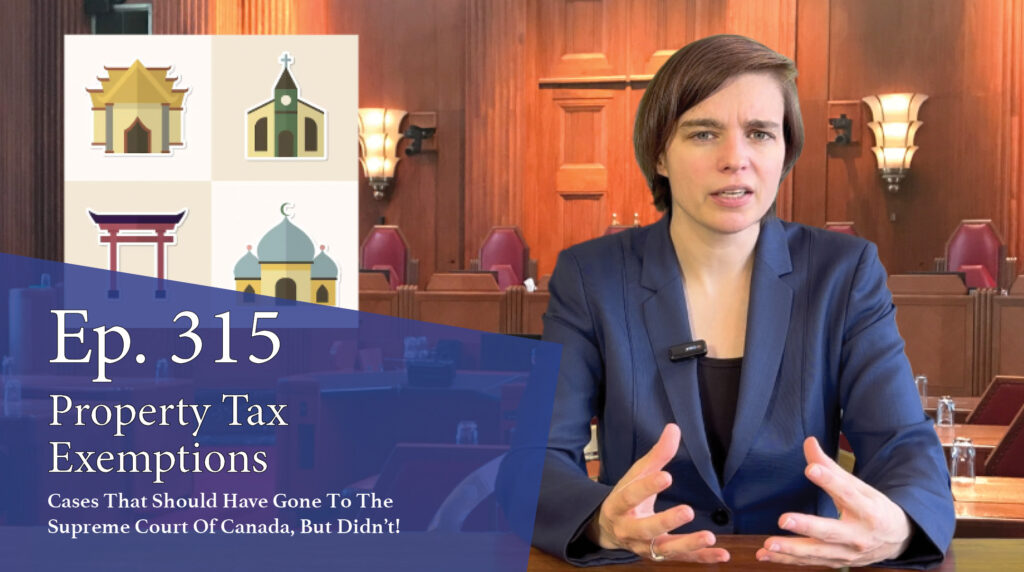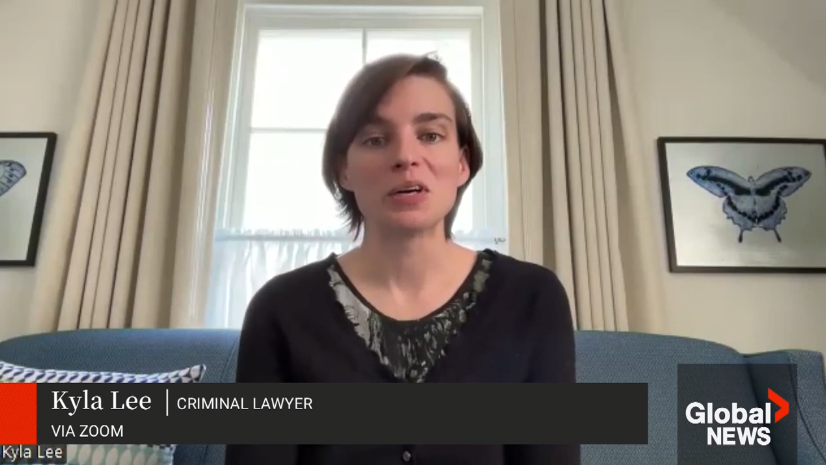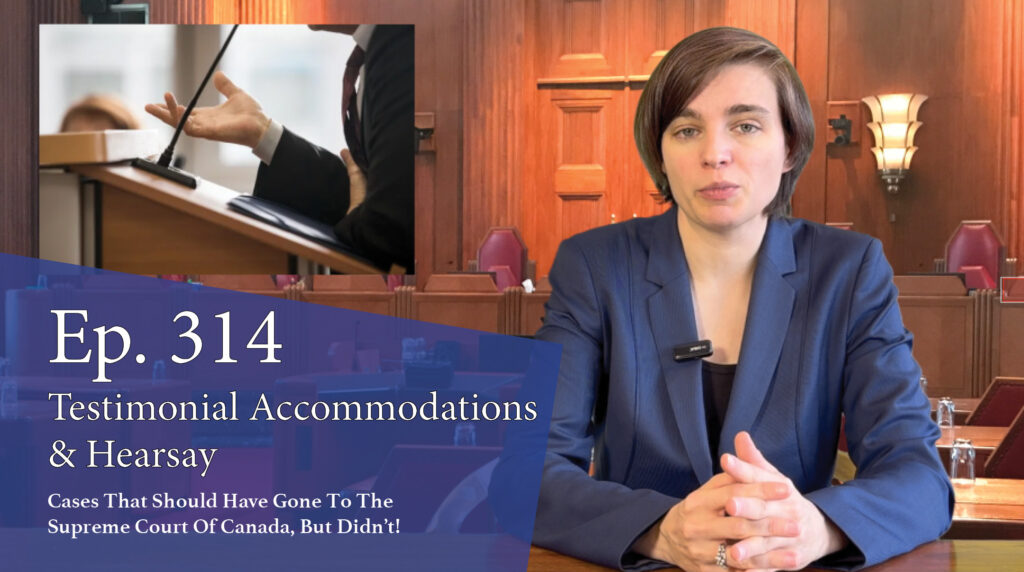This week on Weird and Wacky Wednesdays, we’re diving into the world of people who thought they could ignore a judge’s ruling—only to find out the hard way that the law doesn’t take kindly to being ignored. While this might seem like a legal technicality, the reality is that court orders exist for a reason. If even a single individual can disregard them without consequence, it undermines the entire system. Unfortunately, history has shown that when those in power decide that court orders don’t apply to them, the results can be catastrophic.
Let’s take a look at three bizarre cases where people ignored court orders—and paid the price.
A Landlord’s Jailhouse Redemption
In 2019, a New York landlord named Joseph Amoroso learned that ignoring a judge’s order can come with a hefty cost. Amoroso had been ordered by the court to repair multiple dangerous violations in his apartment building—things like broken windows, severe mold, and rat infestations. Instead of making the necessary fixes, he decided to double down and evict tenants who dared to complain.
The court wasn’t amused. After multiple warnings, the judge issued a bench warrant, and Amoroso found himself locked up in Rikers Island until he agreed to comply. Even then, it took a $500,000 fine and an additional lawsuit before the city forced him to clean up his act. Turns out, being a slumlord doesn’t pay—especially when you try to ignore the law.
The Anti-Vax Mom Who Fought the Law (and the Law Won)
In 2017, a Michigan mother named Rebecca Bredow made headlines when she refused to comply with a court order requiring her to vaccinate her son. The case started as a dispute with her ex-husband, who wanted their child immunized. A judge ruled in favor of the father and ordered Bredow to get the vaccinations done.
Rather than comply, she stood her ground—claiming it was her “parental right” to refuse. The judge disagreed. Bredow was sentenced to seven days in jail for contempt of court and, in a brutal twist, her son was vaccinated anyway while she was locked up.
Ignoring court orders doesn’t make you a hero—it just makes you a cautionary tale.
The “Sovereign Citizen” Who Evicted Himself
If there’s one group of people who love ignoring court orders, it’s sovereign citizens. In 2015, a Florida man named Julio Garcia decided that the law didn’t apply to him. When he was evicted from his home for failing to pay his mortgage, he simply moved back in and declared himself the “rightful owner.”
A judge issued a restraining order, barring him from returning, but Garcia wasn’t about to let a silly piece of paper get in the way. He changed the locks and even rented the house out to new tenants, claiming it was now his property under some obscure, made-up legal principle.
His luck ran out when the police arrived and charged him with trespassing, fraud, and burglary. Instead of living rent-free, he ended up in jail—without even a house to return to.
The Big Picture
These cases might seem amusing, but they illustrate a serious point: the moment a government, individual, or organization decides that court orders are optional, the rule of law collapses. Whether it’s a landlord ignoring safety regulations, a parent refusing a custody ruling, or a political figure refusing to follow a judge’s orders, the results are the same—chaos, consequences, and, often, jail time.
As we’ve seen in recent weeks, ignoring court rulings isn’t just a personal risk—it’s a warning sign of something much worse. When those in power decide that laws don’t apply to them, history has shown that it doesn’t take long before the rest of the legal system follows suit.
That’s it for Weird and Wacky Wednesdays! Tune in next time for more bizarre legal tales that make you wonder how people thought they could get away with it.









